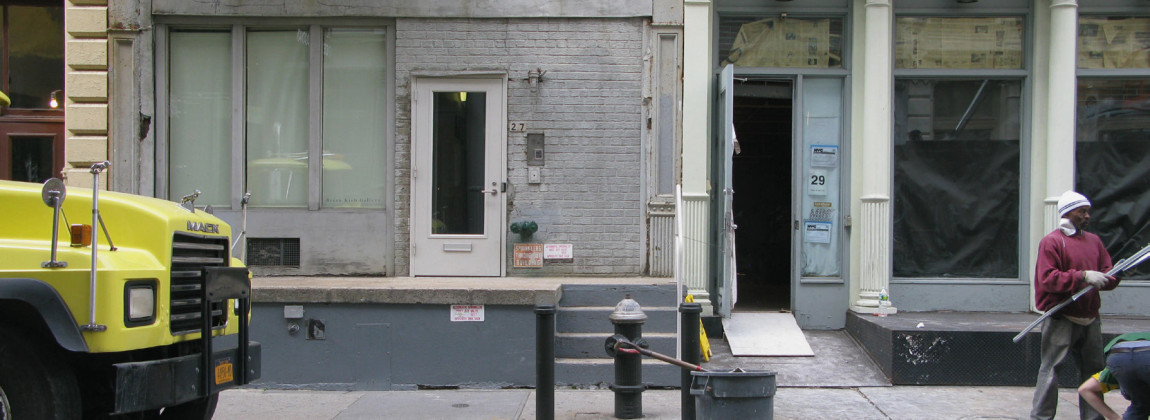- Type of project
- Basic research
- Funding
- The Zukunft Bau research programme/Bundesinstitut für Bau-, Stadt- und Raumforschung on behalf of the Bundesministerium des Inneren für Bau und Heimat
- Website
- https://stadtunterbau.de
- sabine.muller@aho.no
- Duration
- 01.11.2021 ->
About the project
Stadtunterbau/Urban Base – Catalyst of the sustainable, mixed-use or open-use and adaptable city.
The continuing influx into metropolitan areas makes prevailing urban planning demands for densely mixed neighbourhoods that provide residents with access to work, social services, education and culture ever more urgent. In the implementation, however, the built environment often fails to meet these goals. In particular, the lower floors are often used counterproductively due to their proximity to public space and thus do not have an activating effect in the neighbourhood. The research project takes up this problem situation and addresses the structural-spatial interface between building and city with the lower floors of residential buildings. Based on the socio-economic potential that this transition zone from private to public space offers for a sustainable coexistence in the city, especially in newly developing quarters, this zone is conceptualized as an „urban base“. This is because, as a separate urban layer with specific structural-organizational requirements, the „urban base“ can make a significant contribution to the diverse demands for more flexible forms of living and working, community-oriented uses and adaptable spaces, especially against the backdrop of demographic change. Based on a consideration of realized best- and worst-practice examples in Germany and in neighbouring European countries, particularly innovative model projects of vertical mixing will be highlighted and examined in depth. Based on this, the research project will elaborate the requirements of the „urban base“, which have to be taken into account both with regard to the built-spatial structure and in the legal-organizational implementation. With a focus on openness of use and adaptability, typological and organizational approaches of the „urban base“ will be developed. The developed spatial and strategic options are to be made accessible in a handbook suitable for practical use.





